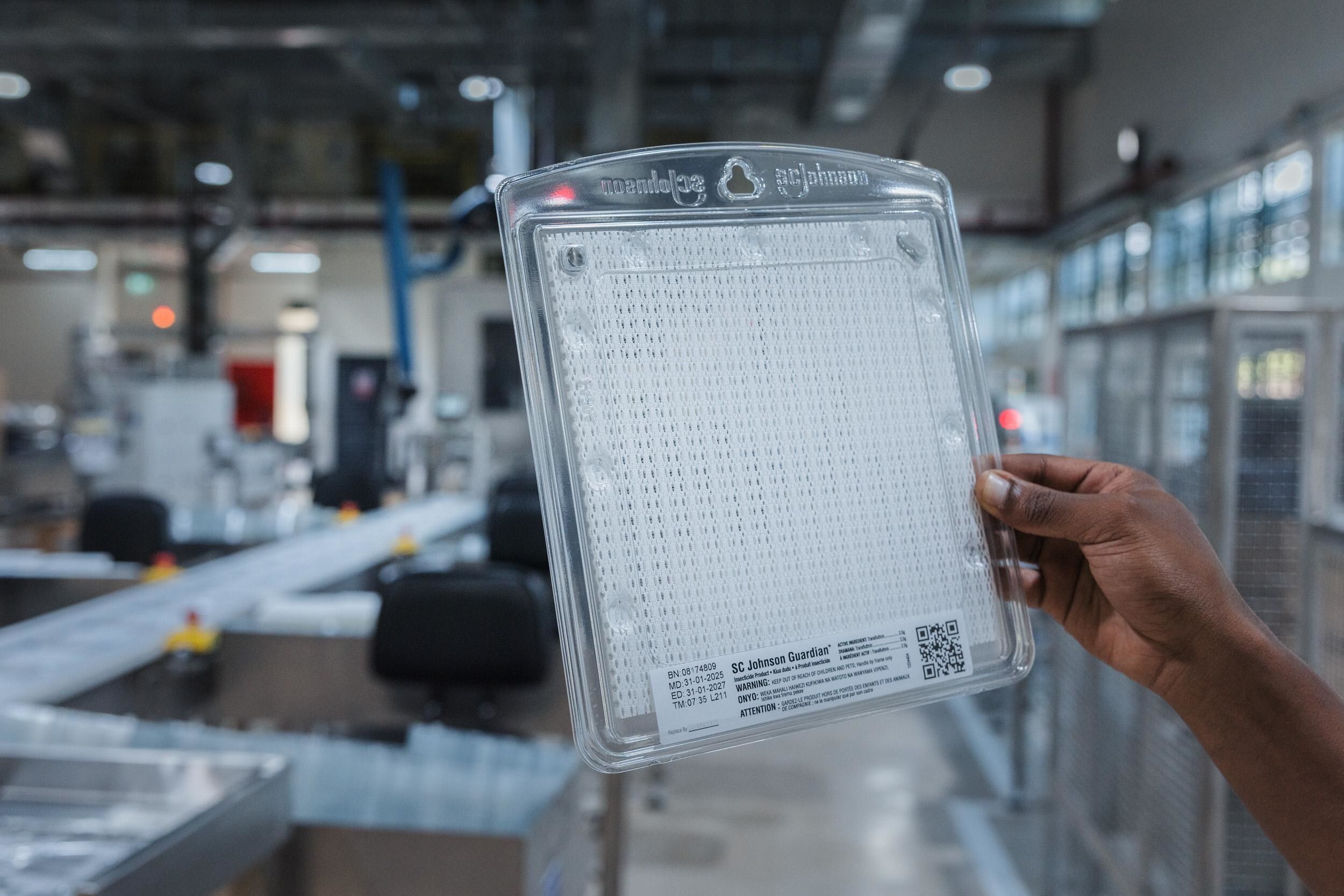Health
SC Johnson Gains WHO Endorsement for Malaria Prevention Tool

SC Johnson has received a significant endorsement from the World Health Organization (WHO) for its innovative spatial repellent tool designed to combat malaria and other insect-borne diseases. This recognition underscores the potential impact of such tools in reducing the transmission of malaria, which claims over 600,000 lives annually worldwide.
Spatial repellents are an accessible, cost-effective solution that releases an active ingredient, effectively keeping mosquitoes at bay within enclosed spaces. The efficacy and long-lasting nature of these repellents distinguish them as a vital tool in public health strategies aimed at controlling vector-borne diseases.
WHO Policy Recommendation Highlights Effectiveness
The WHO’s policy recommendation marks a pivotal moment in the fight against malaria. According to the organization, spatial repellents represent one of the first new categories of vector control tools introduced in recent years. This development is particularly important as global health authorities seek innovative methods to address the ongoing challenges posed by mosquito-borne diseases.
Dr. Tedros Adhanom Ghebreyesus, Director-General of the WHO, emphasized the importance of expanding the arsenal of tools available for malaria prevention. “We need every weapon in our arsenal to fight against malaria and protect vulnerable populations,” he stated. The endorsement from the WHO not only validates SC Johnson’s research efforts but also enhances the visibility of spatial repellents as a viable option for malaria control.
Potential Impact on Global Health Initiatives
The introduction of spatial repellents aligns with global health initiatives aimed at reducing malaria transmission, particularly in high-burden regions. The tool’s ease of use and low-cost implementation make it suitable for widespread deployment in communities where malaria remains a critical public health challenge.
As countries work to meet the goals set forth in the 2023 Global Technical Strategy for Malaria, innovative solutions like SC Johnson’s spatial repellents could play a crucial role in achieving significant reductions in malaria morbidity and mortality rates.
The WHO’s endorsement is a timely reminder of the ongoing fight against malaria, as public health officials continue to seek effective measures to protect communities. By leveraging such innovative tools, there is hope for meaningful progress in the battle against this deadly disease.
In summary, SC Johnson’s achievement in securing WHO approval for its spatial repellent tool represents a promising development in malaria prevention efforts. As the world grapples with the persistent threat of insect-borne diseases, initiatives like these are essential for safeguarding public health and saving lives.
-

 Science1 month ago
Science1 month agoNostradamus’ 2026 Predictions: Star Death and Dark Events Loom
-

 Technology2 months ago
Technology2 months agoOpenAI to Implement Age Verification for ChatGPT by December 2025
-

 Technology7 months ago
Technology7 months agoDiscover the Top 10 Calorie Counting Apps of 2025
-

 Health5 months ago
Health5 months agoBella Hadid Shares Health Update After Treatment for Lyme Disease
-

 Health5 months ago
Health5 months agoAnalysts Project Stronger Growth for Apple’s iPhone 17 Lineup
-

 Technology5 months ago
Technology5 months agoElectric Moto Influencer Surronster Arrested in Tijuana
-

 Education5 months ago
Education5 months agoHarvard Secures Court Victory Over Federal Funding Cuts
-

 Health5 months ago
Health5 months agoErin Bates Shares Recovery Update Following Sepsis Complications
-

 Technology7 months ago
Technology7 months agoMeta Initiates $60B AI Data Center Expansion, Starting in Ohio
-

 Technology6 months ago
Technology6 months agoDiscover How to Reverse Image Search Using ChatGPT Effortlessly
-

 Science4 months ago
Science4 months agoStarship V3 Set for 2026 Launch After Successful Final Test of Version 2
-

 Technology7 months ago
Technology7 months agoRecovering a Suspended TikTok Account: A Step-by-Step Guide





















